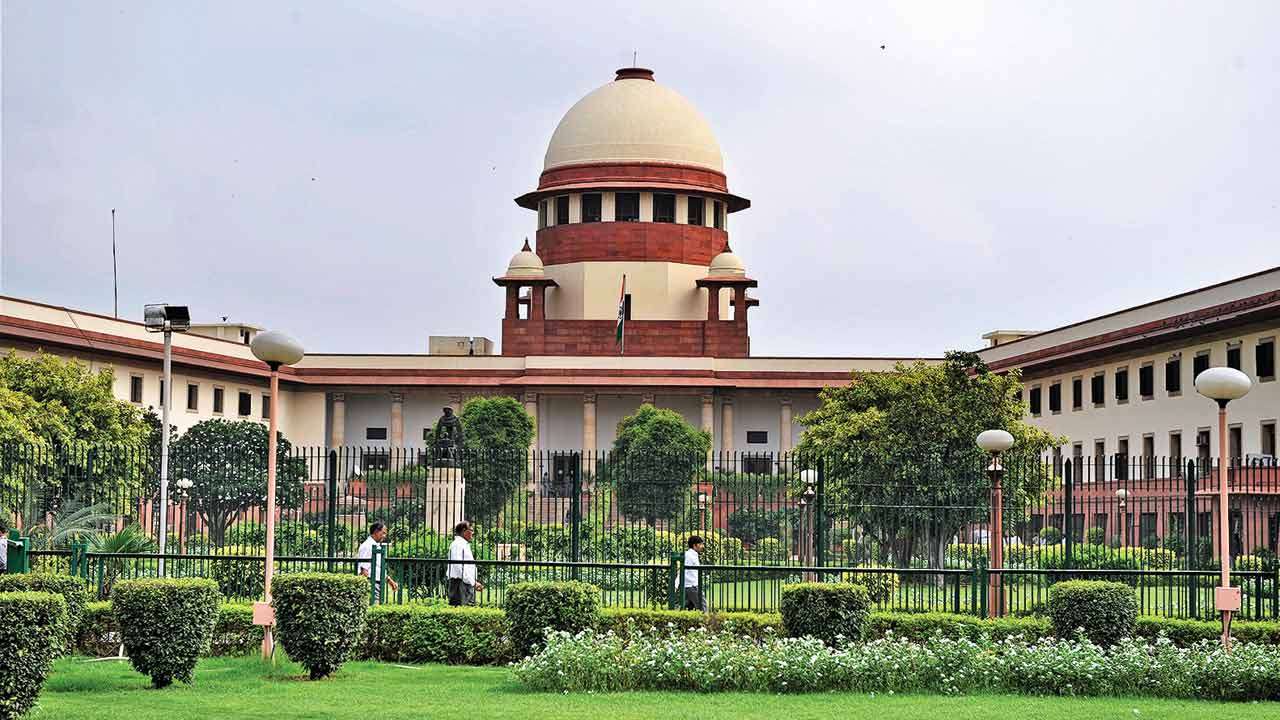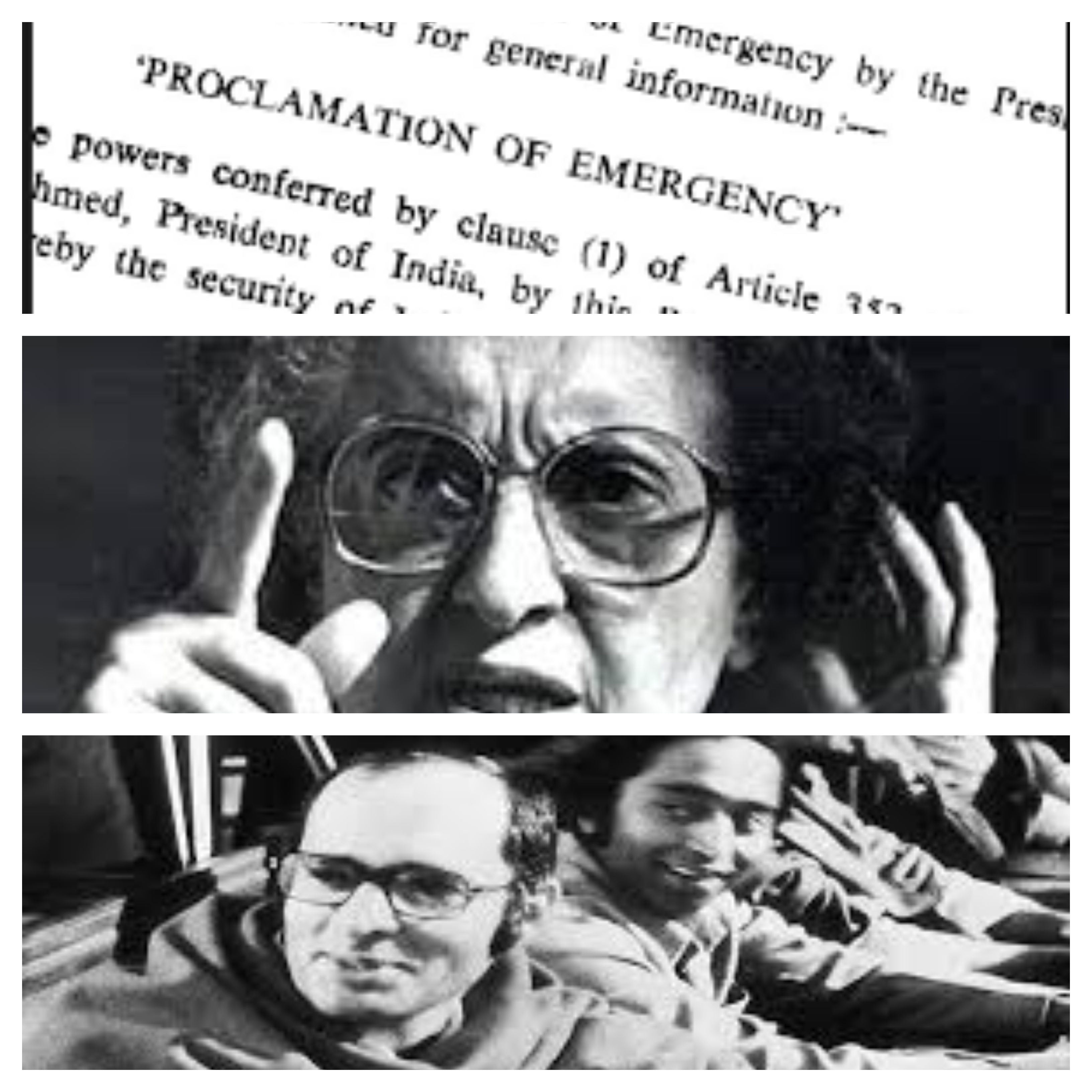

Section 498A: Shield or Weapon?
How much truth is there in cases filed under section 498A of the IPC relating to cruelty to wives? This section was inserted in the code to prevent harassment of and suicides by married women mentally or physically tortured by their husbands and his family members. It provided for non-bailable arrests as soon as the complaint was made (although Supreme Court guidelines in 2014 had restricted this). This provision meant that the section being misused to some extent. The Supreme Court also observed in 2014 that although the section was designed as a shield it was being used as a weapon.By Sunil Garodia
First publised on 2017-07-31 12:48:11
But the recent judgment of the Supreme Court saying immediate arrests should not be made in such cases and the matter must first be verified by a Family Welfare Committee (FWC) has drawn the ire of activists who feel that by painting all such cases with the same brush the Supreme Court has pushed back attempts to provide succor to women in private spaces. They argue that the Family Welfare Committee cannot be expected to shed patriarchal attitude and may not look at the womans grievances fairly. They also argue that why should family honour and attempts to reconcile assume greater importance than the sufferings of captive women.
While all these are valid points, they pale into insignificance once two things are examined in tandem. One, National Crime Records Bureau statistics show that arrests under this section have been increasing exponentially year after year. While this in itself might be due to increased awareness and also the fact that such crimes might be increasing, but when one examines the rate of conviction against the number of arrests, one finds that there is a steep fall each year. Why are women who complain not able to prove their cases? In fact, by delving deeper, one finds that most of these cases are settled and the complaint withdrawn. This cements the belief that a large number of these cases are being filed as pressure tactics by married women aggrieved by matrimonial disputes other than actual physical or mental torture. If that is indeed so, the very purpose of the section is being defeated through its misuse.
The Supreme Court had issued detailed guidelines in 2014 in the case Arnesh Kumar vs State of Bihar & Anr where it had ordered investigating officers not to rush into making arrests before properly verifying the facts of the case. The very first point in the guidelines provided that all the State Governments to instruct its police officers not to automatically arrest when a case under Section 498-A of the IPC is registered but to satisfy themselves about the necessity for arrest under the parameters laid down above flowing from Section 41, Cr.PC. Obviously, the earlier guidelines have not yielded the desired results and the apex court has been forced to issue the current order providing for FMC to examine the facts before arrests can be made. While there may be flaws in the proposed set up, it is better to give it a try rather than allow the police to arrest people only on the basis of a complaint, more so when statistics show that a huge number of these complaints are later either settled or inexplicably withdrawn.











